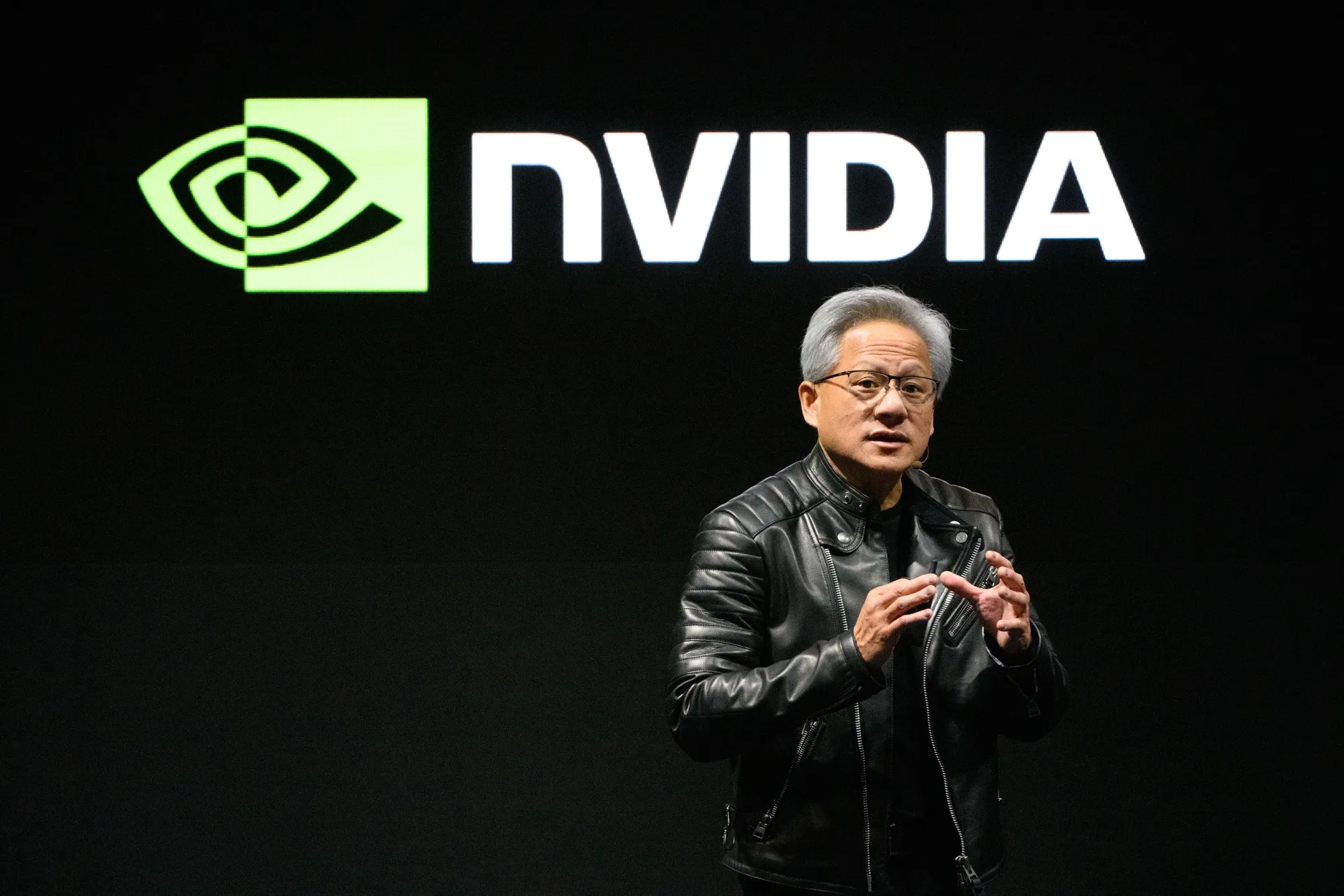India’s healthcare sector is at a transformative inflection point. A rapidly growing population, rising chronic disease burden, and increasing patient expectations have collided with advances in technology to create an environment ripe for innovation. At the center of this shift is deep tech, a combination of artificial intelligence, machine learning, robotics, telemedicine platforms, and advanced data analytics, which is redefining how healthcare is delivered, managed, and scaled across the country.
A Market Under Pressure and Opportunity
India’s healthcare market is projected to exceed USD 500 billion by 2030, driven by both public and private spending. Yet challenges remain: under-resourced hospitals, fragmented patient records, limited specialist access in rural regions, and inefficiencies in supply chains. These structural gaps have created fertile ground for deep-tech solutions to not just optimize processes but also improve outcomes at scale.
The COVID-19 pandemic accelerated this trend, normalizing telehealth, digital diagnostics, and AI-powered drug discovery. Investors, recognizing the convergence of healthcare demand and tech capability, have poured billions into startups tackling diagnostics, personalized medicine, hospital operations, and remote care platforms.
Key Drivers Transforming the Sector
Artificial Intelligence and Predictive Analytics
AI is now central to diagnostics, patient monitoring, and treatment planning. Machine learning algorithms can analyze vast datasets, including imaging, lab results, and genetic data to detect diseases earlier and recommend personalized treatment protocols. Hospitals are deploying AI-powered triage systems, predictive analytics for patient readmissions, and real-time operational dashboards to optimize staff and resource allocation.
Telemedicine and Remote Care
India’s geographical diversity makes access to specialist care challenging. Telemedicine platforms, often integrated with AI-driven symptom checkers, are bridging this gap, enabling patients in Tier 2 and Tier 3 cities to consult specialists virtually. These platforms have also been integrated with mobile diagnostics and wearable devices, creating end-to-end remote monitoring ecosystems.
Robotics and Automation in Hospitals
Robotic surgery, automated laboratory workflows, and AI-driven pharmacy management are reducing human error and improving operational efficiency. Startups and hospitals are investing in robotics not as a gimmick but as a tool to scale quality care across high-volume, high-demand procedures.
Advanced Diagnostics and Genomics
High-throughput sequencing, AI-driven pathology, and point-of-care diagnostics are making personalized medicine feasible in India. Genomic insights are being leveraged to design targeted therapies for oncology, cardiovascular diseases, and rare conditions, reducing treatment times and costs.
Data-Driven Healthcare Ecosystems
Integrated electronic health records (EHRs), national digital health initiatives, and private sector platforms are creating unprecedented amounts of structured healthcare data. AI and advanced analytics transform this raw data into actionable insights for policymakers, hospitals, and insurers, enabling predictive care models and optimizing supply chains for critical medical supplies.
Investment Momentum and Startup Ecosystem
India’s deep-tech healthcare ecosystem has attracted significant venture capital. Companies like Niramai (AI-based breast cancer screening), SigTuple (automated pathology), mfine (telemedicine platform), and Pharmeasy (digital pharmacy and diagnostics) exemplify how technology is enabling better outcomes while creating scalable business models.
The investment narrative is compelling: scalable technology platforms that reduce cost-to-serve, improve clinical accuracy, and broaden patient access can achieve market leadership faster than traditional healthcare delivery models. This combination of social impact and financial return has made the sector a magnet for private equity and global healthcare investors.
Policy Support and Regulatory Tailwinds
Government initiatives such as the National Digital Health Mission, telemedicine guidelines, and incentives for innovation in medical devices are complementing private sector efforts. These policies not only provide clarity around compliance but also reduce barriers for startups to pilot AI-driven diagnostics, remote monitoring, and automated care solutions.
Additionally, public-private partnerships are emerging as a key enabler, particularly in rural health delivery and insurance coverage expansion. This coordinated approach ensures that deep-tech solutions are not confined to urban centers but have the potential to impact healthcare at a national scale.
Challenges on the Road Ahead
Despite the optimism, challenges persist. Data privacy and security, integration with legacy hospital systems, and talent shortages in both clinical and AI disciplines remain significant hurdles. Furthermore, adoption across smaller hospitals and clinics requires low-cost, high-ease-of-use solutions that demonstrate tangible ROI.
Deep-tech solutions also face the classic healthcare challenge: proving efficacy in clinical outcomes while maintaining regulatory compliance. Companies that can navigate these complexities are likely to emerge as sector leaders.
The Future of India’s Healthcare Tech
The convergence of rising healthcare demand, digital infrastructure, and deep-tech innovation is poised to reshape India’s healthcare landscape. Hospitals and startups that embrace AI, robotics, predictive analytics, and telemedicine are not only improving operational efficiency but also democratizing access to quality care.
For investors and operators alike, the opportunity lies in backing platforms that combine technological sophistication with patient-centric design and operational scalability. India’s healthcare transformation is no longer incremental, it is entering a phase of exponential change, where data, algorithms, and automation are driving outcomes, cost optimization, and access at unprecedented scale.
Ultimately, India’s deep-tech healthcare revolution is about more than technology, it is about creating a resilient, accessible, and efficient healthcare ecosystem for millions. Those who can align innovation with systemic impact will define the next chapter of healthcare in India, shaping not just market leaders but the very future of how care is delivered.



